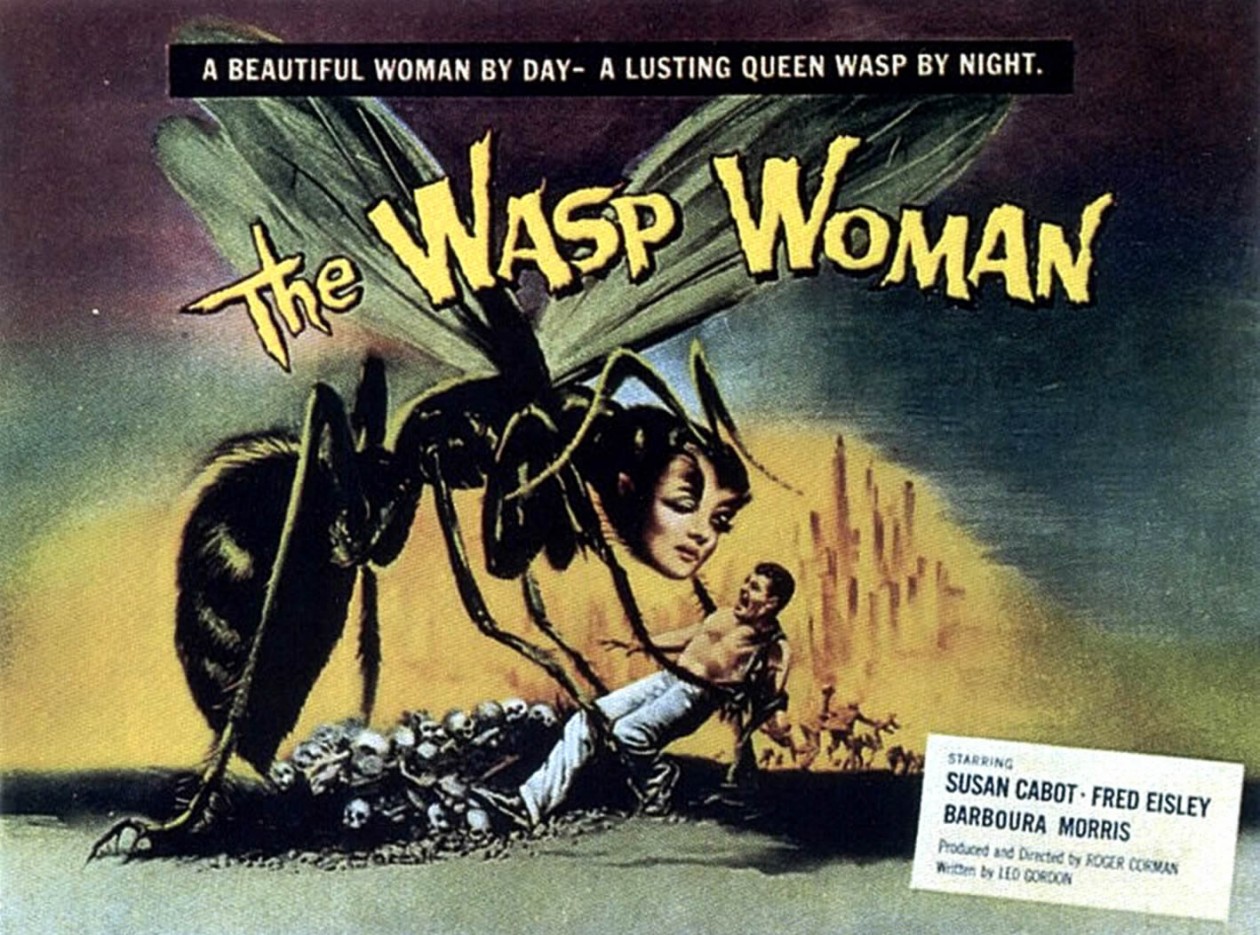Eyes on the Prize – 05- Mississippi, Is This America, 1962-1964 is a documentary about the efforts of citizens organizing and protesting for civil rights in Jackson, Mississippi, with a lot of the episode dedicated to fighting for African American voting rights. After watching this, I completely agree with Melissa Harris Perry’s opinion about The Help, which takes place in 1963 Jackson, Mississippi (the same time and location of the episode). The Help negates the very real, public, community efforts of organizing for social change that the people of Jackson took part in, which resulted in actual changes. In mainstream media and pop culture, the amount of pieces that focus on African American female domestic workers living in the south during the 60’s is minimal. I can’t even think of another example besides The Help. Since this topic is underrepresented, I think there is an obligation to ensure that the content being shown to the public is an actual representation of the lives of these women during these times. Racial inequality is still alive and well in this country, but at the end of The Help there is a feeling that things are going to be just fine for everyone, when in reality in the context of our society, things are still rough. For example, according to Michelle Alexander, mass incarnation rates of African Americans are the new Jim Crow laws.
An argument saying it’s fine for The Help to not be historically accurate is that there isn’t enough time in a movie to tell the whole story. Eyes on the Prize – 05- Mississippi, Is This America, 1962-1964 told an historically accurate story in under an hour. Another argument is that it’s just a movie, and it’s meant to entertain. But when there are so few examples of this topic in mainstream media, The Help becomes associated with the reality of African American female domestic workers living in the south during the 60’s. This is dangerous territory. The Help only barely touches on the terror of living in the south as an African American during this time and never shows any public, community organizing and protesting efforts. The Help doesn’t convey the reality of living in the south during this time period, but it can be mistaken as the reality which I think is disrespectful to the people who protested for civil rights and fought for change.
